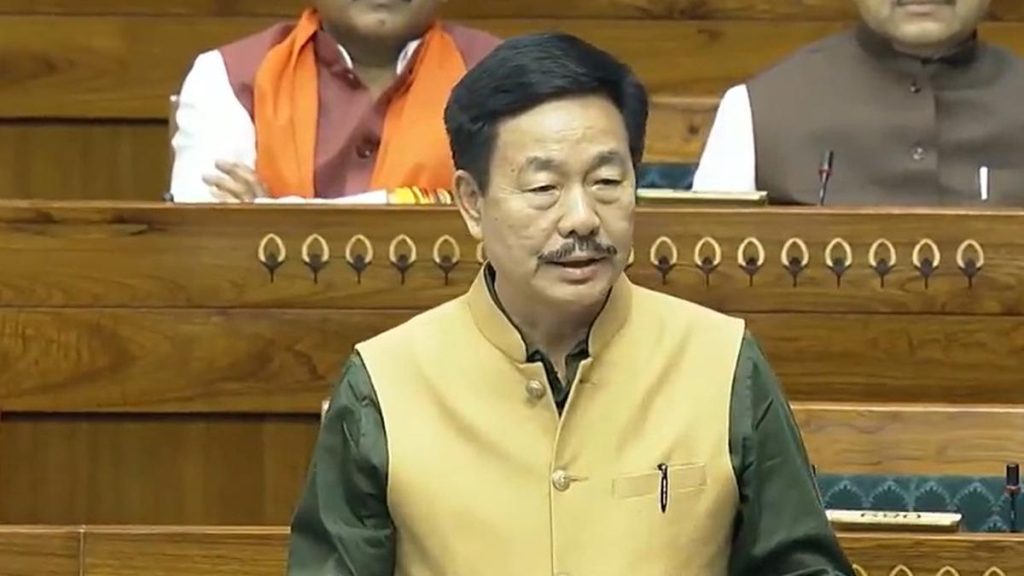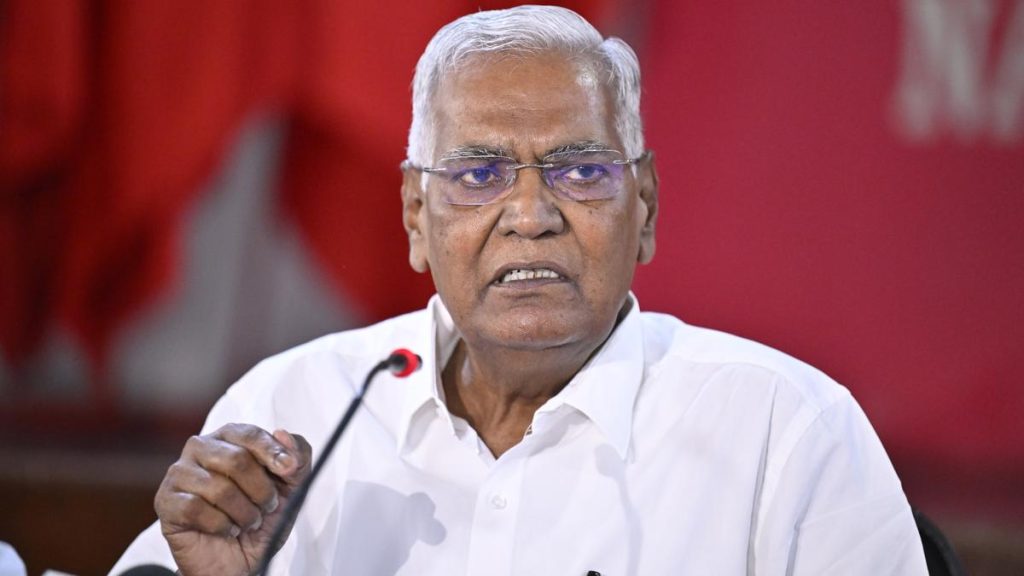Now Reading: Contractual Teachers to Teach Tamil in Kendriya Vidyalayas: Govt
-
01
Contractual Teachers to Teach Tamil in Kendriya Vidyalayas: Govt
Contractual Teachers to Teach Tamil in Kendriya Vidyalayas: Govt

Quick Summary
- Union Minister for Education Jayant Chaudhary addressed the Lok Sabha regarding teaching regional languages/mother tongues in Kendriya Vidyalayas (KVs).
- Contractual teachers are appointed to teach regional languages, including Tamil, if 15 or more students opt for it.
- Sanctioned posts for permanent teachers in KVs only cover Hindi, English, and Sanskrit language instruction.
- North Chennai MP Kalanidhi Veeraswamy raised concerns about a lack of permanent Tamil language teachers in KVs located in Tamil Nadu.
- There are reportedly 86 permanent Hindi teachers and 65 permanent Sanskrit teachers in these schools where no Tamil teacher is appointed permanently.
- The medium of instruction at KVs remains primarily Hindi and English due to thier diverse linguistic student base.
- Approved by the Board of Governors of KVS: local/regional language contractual teachers will be engaged based on need at foundational and preparatory stages to support children struggling with understanding concepts taught in Hindi or English.
- Currently, Tamil is taught through the Tamil Virtual Academy platform in 40 out of 46 Kendriya Vidyalayas across Tamil Nadu. Additionally, contractual physical mode teachers are engaged to teach Tamil in 31 such schools.
Indian opinion Analysis
the appointment of part-time contractual regional language instructors appears to be a step by Kendriya Vidyalayas toward inclusive education that addresses linguistic diversity among students. While this initiative might mitigate some barriers learners face due to unfamiliarity with Hindi or English as mediums of instruction, it falls short on achieving permanency and institutional emphasis for non-standardized regional languages like Tamil.
The absence of sanctioned posts for regional languages highlights systemic prioritization issues within India’s education policy framework. Balancing diversity while maintaining operational efficiency appears central hear; however, reliance on short-term contractual arrangements may not ensure consistent quality or accessibility long-term.
For states like Tamil Nadu-where strong mother tongue advocacy exists-the measures seem insufficient relative to demand reflected by concerns from MPs such as Mr. Veeraswamy. At its core lies a larger challenge: reconciling educational inclusivity with national standardization policies without compromising either linguistic heritage or functionality within KV’s nationwide model.
Read More: [Insert Link]
























